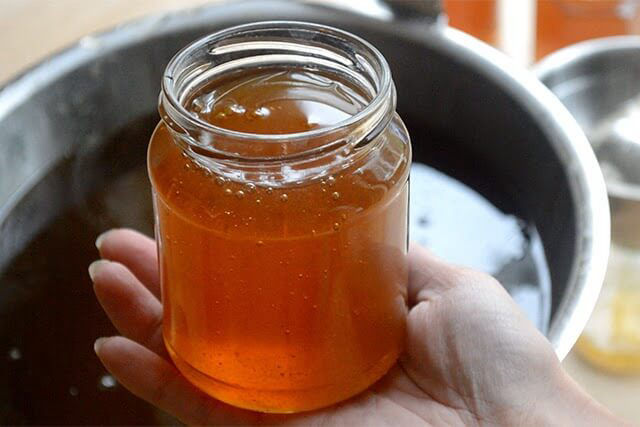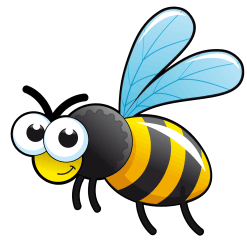
Selling Honey
If you sell your own honey then there are things you should know about hygiene, jar labels and so on. If you are a hobby beekeeper who sells honey on the doorstep the rules are relatively straightforward, but you still need to follow appropriate standards of cleanliness and hygiene when extracting honey for sale and you still need to apply the rules for labelling honey.
Selling Honey Regulations and Guidance
Failure to observe selling honey regulations may open you to prosecution or legal action from a consumer or from the Council Trading Standards officers. There is plenty of selling honey guidance (links below) which includes Food Safety Regulations, rules of hygiene, labelling, composition, weights and measures, hazards analysis and more. Some important facts about selling honey are:
1: The word HONEY is required;
2: The weight must be on the label. The weight must be metric (and its optional to add it as Imperial as well). The weight must be net, i.e. not including the glass jar and lid;
3: The minimum height of figures on the label must be as follows: <50g 2mm; 50-200g, 3mm; 200g-1kg, 4mm; >1kg, 6mm
4: You can specify the area where the honey is produced, e.g., Ross-Shire;
5: You can specify the type of honey, e.g. heather, but the honey must be at least 75% of that type;
6: If you are selling the honey, you must have your name and address on the label. It does not need to be complete but you should be able to be found from the information;
6: If you are selling the honey through a third party, you must have a lot number (though if your Best Before date specifies day, month and year then a lot number is not required);
7: You must have a Best Before date on the jar. 2 years from now seems to be pretty standard;
8: You must have a country of origin on the jar, e.g. Produce of Scotland. Just adding the country to the end of your address is not acceptable
If you still have any questions after reading all the advice and legality on this page, then best to contact us.
